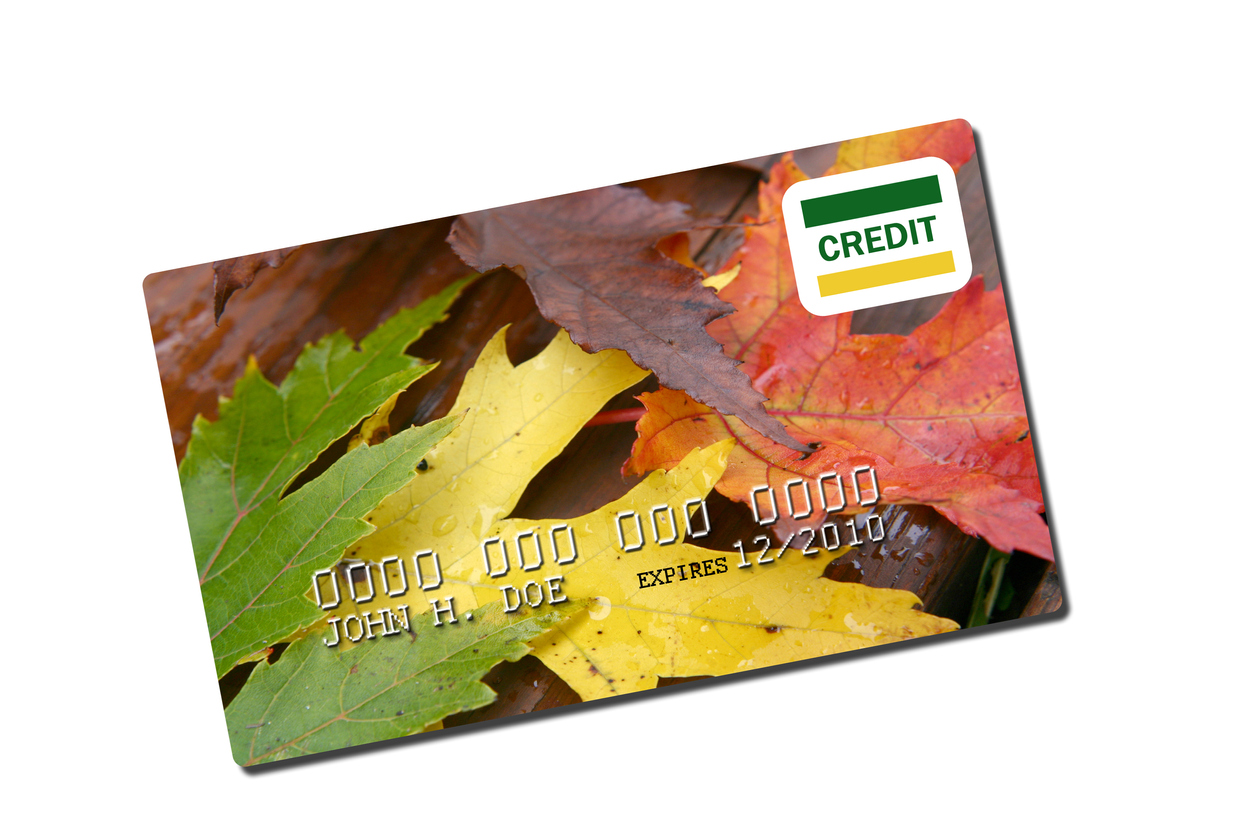 It used to be that “green payments” meant dollar bills, but not anymore. Major players in the card industry like American Express and Mastercard are shaking things up with a variety of programs to make their cards more environmentally friendly.
It used to be that “green payments” meant dollar bills, but not anymore. Major players in the card industry like American Express and Mastercard are shaking things up with a variety of programs to make their cards more environmentally friendly.
Members of the International Card Manufacturing Association (ICMA) are introducing new card solutions in different ways:
Mastercard has partnered with manufacturers IDEMIA and Giesecke & Devrient to create the Greener Payments Partnership. This program will work to establish environmental best practices and reduce first-use PVC plastic in card manufacturing at scale. American Express meanwhile has set the ambitious goal of creating credit cards from ocean plastic pollution.
Bilcare Research Srl has just launched a card-grade substrate made from 100 percent recycled PVC, called SICO-R.
“We were looking for a way to address environmental concerns and since we are running PVC-centric technology we came up with the idea to recycle PVC. It’s a material we know very well and the recycled PVC works in our manufacturing processes,” said Marco Balatti, sales and marketing manager at Bilcare. “It was important to do our part for the environment and be a responsible company. We have customers for this product already. Their customers were asking for more green and recycled material.”
Global plastic films supplier, Klöckner Pentaplast, recently created the Positive Plastics Pledge, a plan that outlines its current commitments and further sustainability goals for the next ten years.
“The Positive Plastics Pledge calls for solutions that are more sustainable, provide excellent performance, and create greater value for card manufacturers and their customers,” said Kent Sides, global corporate accounts, card at Klöckner Pentaplast. “Klöckner Pentaplast believes in sustainability because it is the right and necessary thing to do. Two examples we have in the market right now are Pentacard SecondLife, which has a high percentage of post-industrial content and Pentacard kpLonglife, an overlay which creates durable long-life cards.”
While demand is starting to increase for greener card options, the industry still has several challenges to overcome before they become mainstream.
“Alternative materials for cards are not a new idea,” said David Tushie, ICMA standards and technical representative. “A variety of options have been produced in the past, including paper-based cards, wooden cards and bioplastics, but these have mostly been for small manufacturing runs. None have caught on to the volume that petroleum-based plastics have. The goal here isn’t to make 100,000 cards, but to develop a viable alternative for the billions of cards out there.
“Plastic is easy and cheap to manufacture, while the alternatives are expensive and require new manufacturing processes, which adds to the expense. Issuers have not been interested in the more expensive cards until now. To get pricing down to plastic card levels, manufacturers need volume commitments, and that could come now with these proclamations from American Express and Mastercard,” continued Tushie.
Pricing concerns aside, green materials also present limitations to manufacturers and issuers. For example, wood-based cards can’t be embossed, and bioplastics require entirely different laminating materials and adhesives, than their PVC brethren do.
Plus, no matter what the card is made of, it has to be durable and live up to the technological requirements of modern cards—including EMV chips and contactless capacity—and stringent manufacturing standards.
“There are no exemptions for alternative materials—they have to adhere to the same standards as petroleum-based plastic cards,” said Tushie. “We don’t have a lot of field experience with non-plastic cards and we don’t know if they can meet the durability requirements. We just went from three-year cards to five-year in North America with the transition from magnetic strips to chips. Issuers expect cards to last five years or more in the field and that will increase as we move to contactless solutions. New materials will have to prove they can last, just as we’ve had to prove with petroleum plastics.”
Regardless of the challenges that eco-friendly cards present, the trend towards alternative materials will ultimately be a positive for the industry and the planet.
Want more industry insider insights or a glimpse into global card trends?
For three decades, ICMA has represented the interests of the card manufacturing industry—which includes manufacturers, personalizers, issuers and suppliers—as its leading global association.
ICMA maintains several industry-leading training and education programs about card manufacturing for members. These include the Advanced Card Education (ACE) designation and the web-based Card Industry Training & Education (CITE) programs, which provide information on key areas of the industry, as well as online tutorials and webinars on specific topics from card industry experts and leading industry suppliers.
ICMA also provides regular industry reports to keep members informed of emerging trends and changing standards, including Global, European and North America Card Market and Personalization and Fulfillment Statistics Reports each year.
The organization hosts three conferences each year. The main event is the Annual Card Manufacturing & Personalization EXPO and the other two conferences are CardTREX North America and CardTREX Europe.
To learn more about the benefits of ICMA membership, click here.
